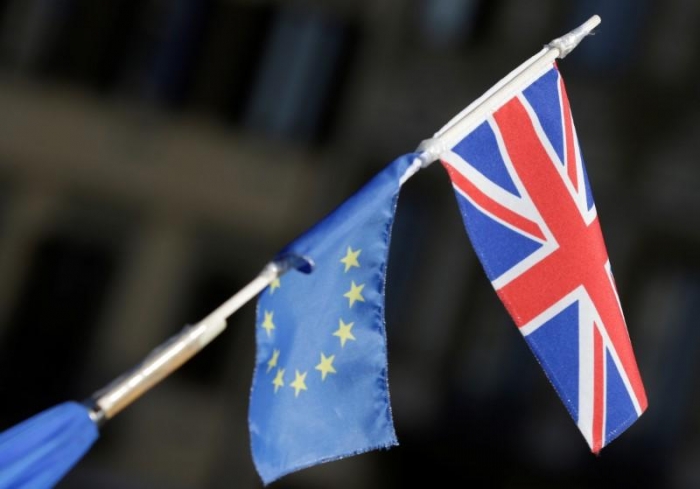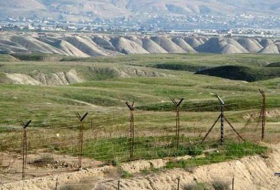The ADS said that failure to agree on a way to harmonize customs processes would have a potentially large financial cost, setting out its concerns in a written submission to a parliamentary inquiry into the impact of Brexit on the industry.
“Around 10 billion pounds of the aerospace sector’s annual exports are destined for the EU – however increased checks at the border, if customs processes do not remained harmonized, could result in a potential 1.5 billion pounds of added costs for the UK aerospace sector,” the document, released by the parliamentary committee, said.
Britain says it is seeking the freest possible trade with the EU after Brexit and has outlined potential customs regimes, but detailed negotiations with the EU have yet to begin as talks remain stuck in an initial phase focused on exit terms.
“The extra costs could have a negative impact on future investment decisions,” said Rachel Reeves, the lawmaker heading parliament’s business committee.
“That is extremely worrying and risks making our aerospace industry less competitive and driving up costs at a crucial time for our economy.”
Aircraft makers Airbus (AIR.PA), Boeing (BA.N) and Bombardier (BBDb.TO) all have operations in Britain. Aerospace plants in Britain are often part of complex international supply chains.
More about: #Brexit















































